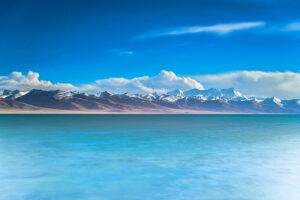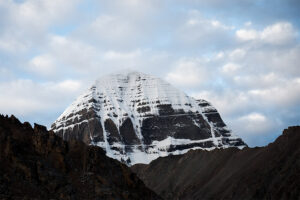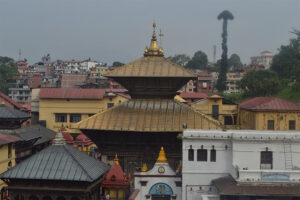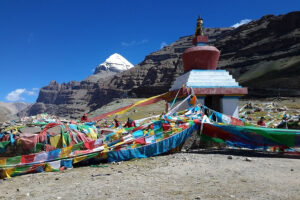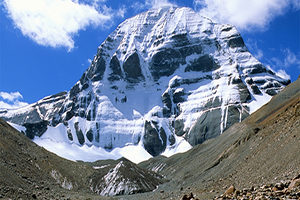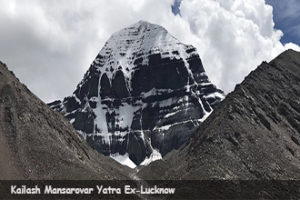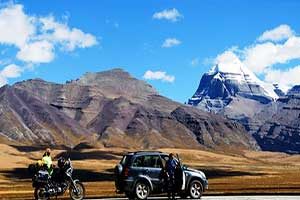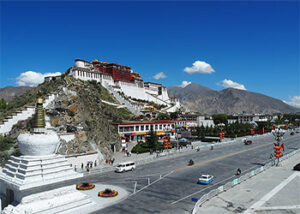Rakshastal
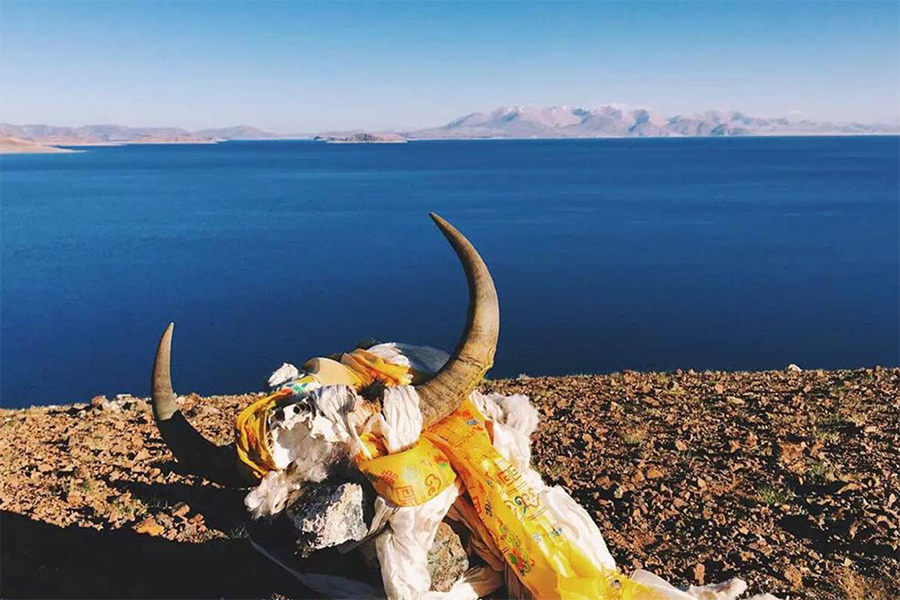
Rakshastal is a lake that you can visit on your Kailash Mansarovar Yatra. The literal meaning of Rakshastal is a lake of demons’. Rakshastal is one of the biggest lakes near Mount Kailash. Rakshastal is just next to Lake Mansarovar. However, both Mansarovar and Rakshastal are very different from each other. Mansarovar Lake is a freshwater lake whereas Rakshastal is a salty lake. Both these lakes are linked to each other by a small river called Ganga Chhu. Rakshastal is just as scenic to look at. You will get more info about Rakshastal and why this lake is worth visiting on your Kailash Mansarovar Yatra.
Mythological Connection of Rakshastal with Ravana
Rakshastal is a lake that has a very deep mythological connection with the demon king of Lanka called Ravana. Rakshastal is more famous due to its mythological association with Ravana. In mythological times, Ravana is said to have meditated for centuries near Rakshastal Lake. He did so he could gain superhuman powers from Lord Shiva. Ravana was so devoted to his meditation that he even severed each one of his ten heads to please Lord Shiva. Lord Shiva was pleased by his devotion and granted his wishes. All these events occurred in Rakshastal.
Meaning of Rakshastal
The world of Rakshastal is made up of two words – ‘Rakshas’ and ‘Tal’. A Rakshas is a demon in Hindu mythology. Tal means a lake. Hence, Rakshastal is a ‘lake of demons’.
Altitude of Rakshastal
Rakshastal is situated at a very high altitude in the Tibetan Himalayas. The altitude of Rakshastal is 4,575 meters (15,010 feet).
Depth of Rakshastal
Rakshastal is a very deep lake. The depth of Rakshastal is 150 feet at its lowest point.
Other names for Rakshastal
Hindus also refer to Rakshastal by other names. These are all associated with the demon king, Ravana. The Hindus also call Rakshastal by names like Ravana Sarovar, Rakshas Sarovar, Ravana Hrada, Ravana Had, and Rakshas Tal Jhil.
Why no one drinks the water of Rakshastal
There is another story of why Rakshastal is considered to be a very dangerous lake. This story is again connected to Ravana, who was the most powerful demon king in the entire universe. The story tells of how Ravana was mesmerized after seeing Goddess Parvati. It so happened that Ravana was on his way to meet Lord Shiva, and he happened to see Goddess Parvati having a bath in Gaurikund. He lost all his senses and asked Lord Shiva if he wants to take Goddess Parvati with him to Lanka. He did so because when he bathed in Rakshastal, the poisonous waters of Rakshatal also.
Why there is no life around Rakshastal?
Rakshastal is a very mysterious lake and it is also this that makes it a very interesting site in Kailash Mansarovar Yatra. This is a saline lake and its waters have high levels of salt. This is the reason why there are no grasses and vegetation around Rakshastal. You will not see yaks grazing around Rakshastal. Not even birds drink water from Rakshastal due to its salty nature. The area around Rakahastal is very barren and no grass grows here.
Islands in Rakshastal
There are four islands in Lake Rakshastal. The local Tibetan herders and farmers graze their yaks and other cattle on these islands. The islands are called Dola, Topserma, Lachato, and Dosharba.
Rakshastal – the origin of the Sutlej River
The River Sutlej, which flows through India, originates near Rakshastal. The exact place where it originates is at the northwest tip of Rakshastal.
